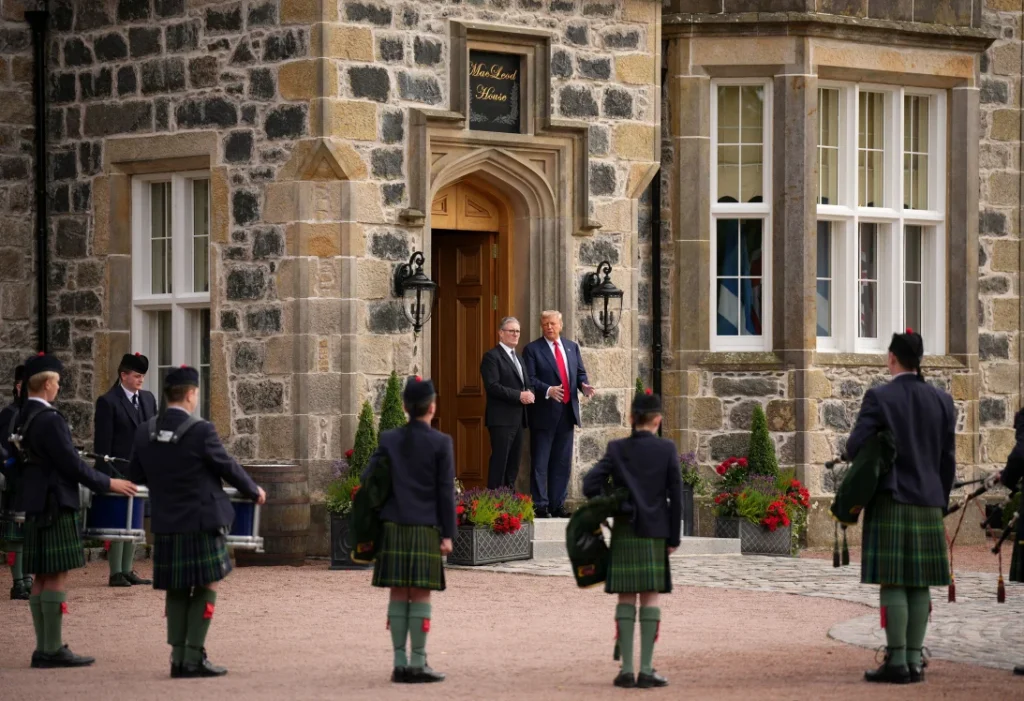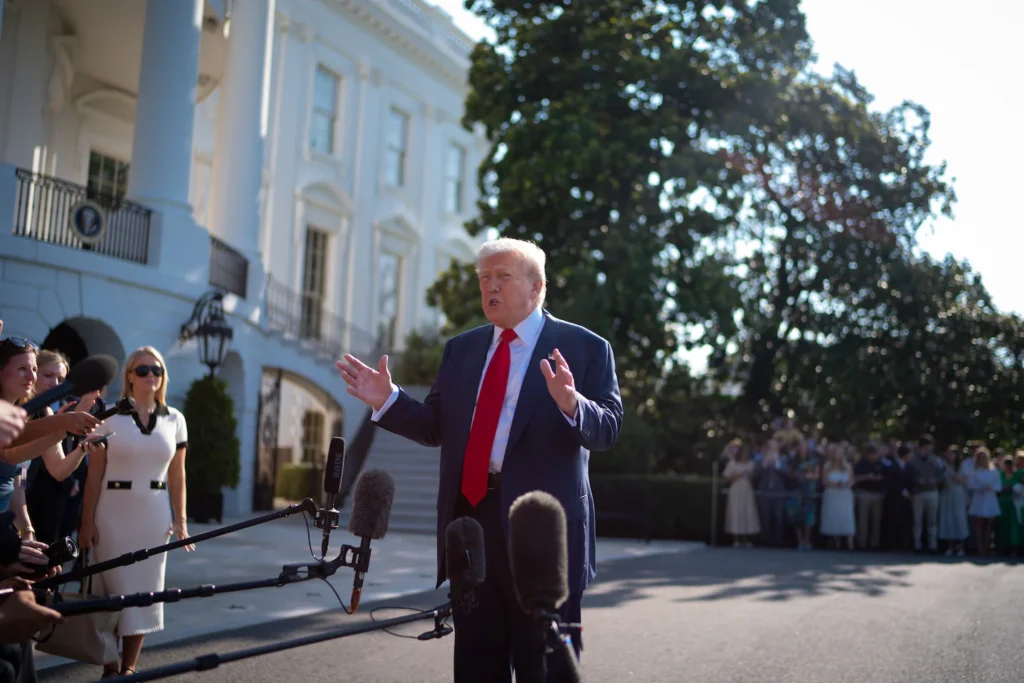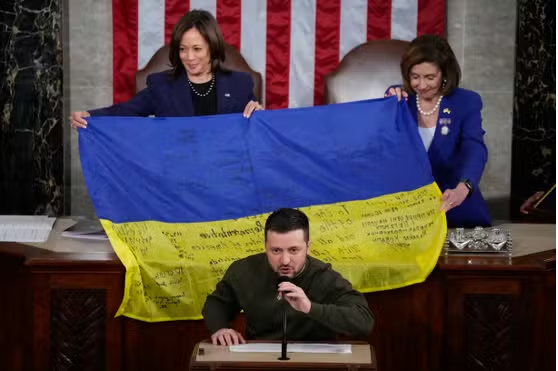
From the flames of Gaza to the battlefields of Ukraine, the ongoing crises present a crucial challenge: will President Trump prove to be an authentic leader—or just an aggressive tyrant?
His foreign policy in the second term, based on an “America First” and frequently expansionist stance, seems more transactional and coercive instead of being rooted in diplomacy.
In February 2025, Trump presented a proposal to “occupy Gaza,” forcibly move its two million inhabitants to adjacent countries, and convert the Strip into what he referred to as a Mediterranean “Riviera.” He did not dismiss the possibility of U.S. military intervention.
The proposal elicited strong condemnation from the UN and Arab nations, with many labeling it as “ethnic cleansing.” Several Israeli leaders later distanced themselves as opposition in the region grew.

During recent discussions in Scotland, Trump conveyed clear worry about starvation in Gaza, recounting hunger images he’d viewed on television and committing to increase U.S.Food assistance—supported by European donors as Well—but opponents contend that his method strengthens Israeli dominance and weakens the UN aid framework, exacerbating disorder at distribution locations.
Analysts argue that unless Israel’s blockade is lifted and UN-coordinated aid is reinstated, efforts will be more symbolic than meaningful.
At the same time, Trump has sought to negotiate a ceasefire in Ukraine, originally establishing a 50-day timeframe for talks with Russia—subsequently shortened to merely 10 to 12 days.
However, the public clash with Ukrainian President Zelenskyy, the changing attitude towards Putin, and doubts from European allies have cast doubt on the genuineness and impact of his diplomatic efforts.
euronews
Critics argue that Trump’s harsh language frequently escalates turmoil instead of calming it.
Trump positions himself as a contemporary peacemaker—similar to Jimmy Carter—emphasizing his involvement in short-term ceasefires and regional discussions. Enthusiasts commend his assertive approach; critics caution that brief breaks succeeded by escalations indicate an absence of a clear strategy.
Between Assertive Moves and Intimidation: Which Characterizes Trump?

Examining his actions in Gaza and Ukraine shows a contrast. On one hand, Trump claims he is reinvigorating the U.S.
power and expecting more from allies—declaring that Europe needs to take a firmer stance in Ukraine’s defense and criticizing Hamas for hindering talks in Gaza.
Conversely, detractors observe a trend of bold statements coupled with inadequate execution. His concept of taking control of Gaza, although later publicly muted, still exemplifies aggressive overreach. In Ukraine, his approach to renegotiation created division instead of agreement, causing allies to feel concerned and question the reliability of American leadership.
In the sphere of political imagery, Trump has utilized gatherings—like those in Scotland with UK Prime Minister Keir Starmer—to demonstrate strong diplomacy, oscillating between genuine empathy (e.g., describing Gaza starvation as a “mess”) and advancing his personal interests, such as golf resorts and trade tariffs. This fluctuation illustrates his overall foreign policy approach: transactional, dramatic, and erratic.
Former commentator Bill O’Reilly captured this dual perspective by giving Trump an “A” for border policy while rating him a “C” or “D” for his management of Gaza and Ukraine—indicating partisan backing but highlighting wider discontent with conflict resolution.
⚖️ Judgment: Leader or Oppressor?
The evolution of Trump’s approach into meaningful leadership or its persistence in combative brinkmanship depends on the results.
In Gaza, ongoing famine, breakdown of ceasefire talks, and dependence on improvised U.S.-led assistance indicate feeble influence instead of bold leadership.
In Ukraine, fractured diplomacy, strained relations with allies, and unfulfilled pledges—such as concluding the war swiftly—have damaged his reliability.
Should Trump transform assertive rhetoric into significant ceasefires, lasting peace negotiations, and revitalized multilateral involvement, he could demonstrate his capabilities. However, if disputes worsen during his tenure and diplomatic relationships are damaged, his legacy could shift to that of a tyrant—strong in rhetoric, weak in outcomes.



“You won’t find this kind of analysis anywhere else. Xenix News really digs deep !”check this out 👇
👉👉👉👉👉 xenixnews.com